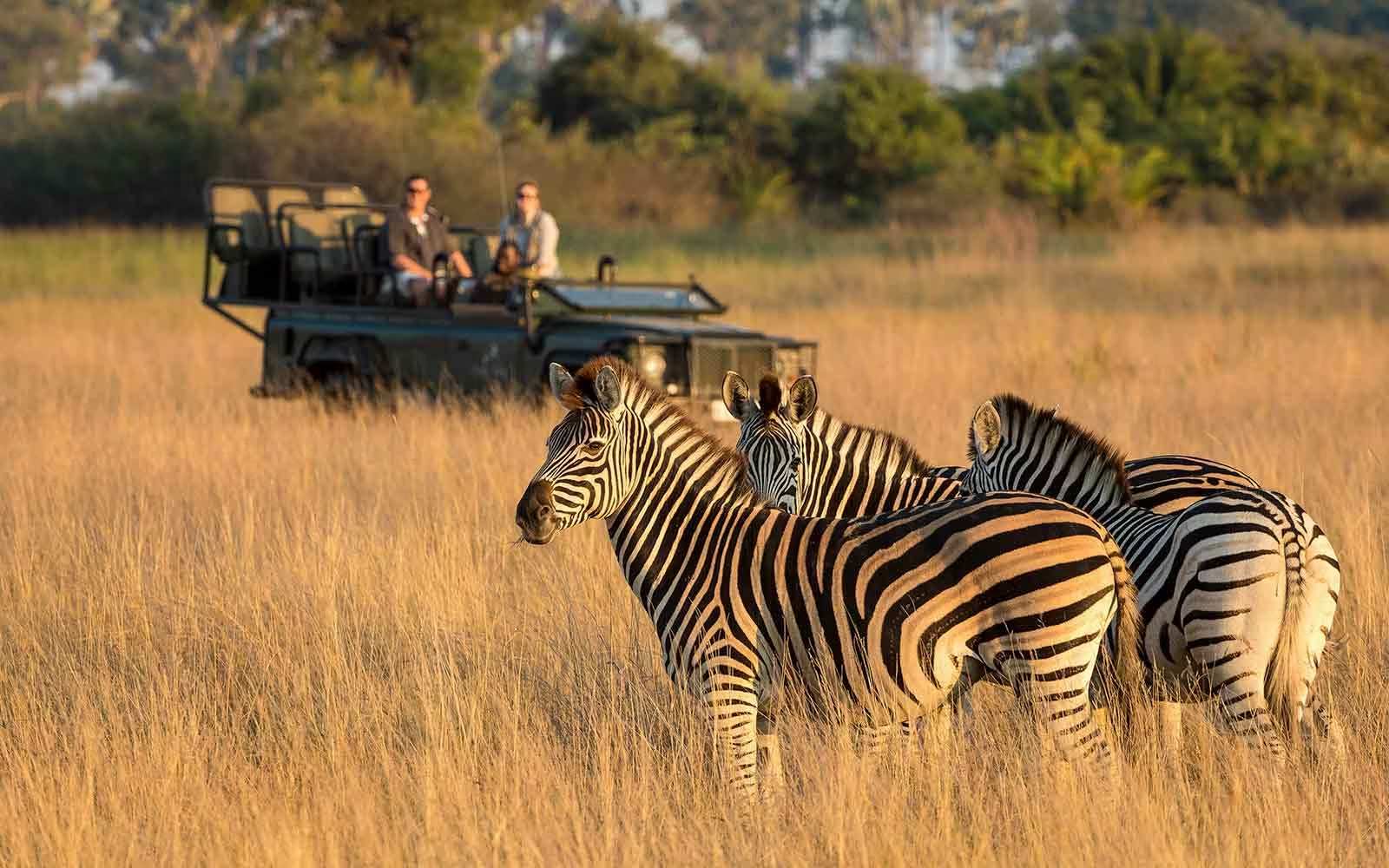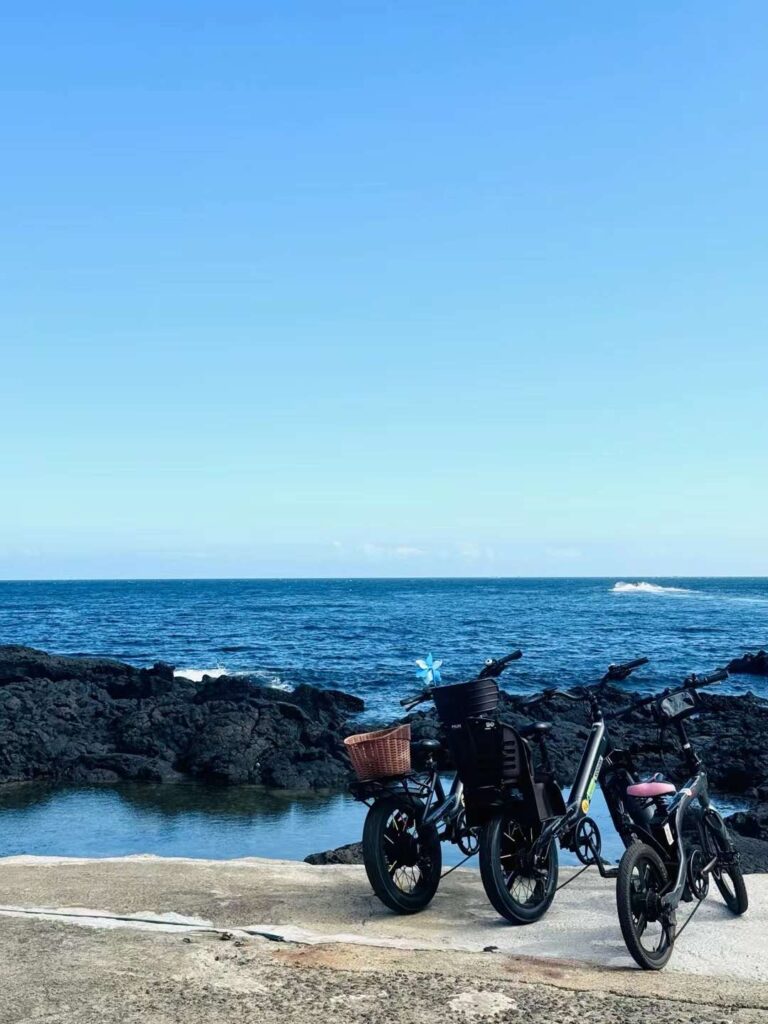One of my favorite readings in CGST 205: Introduction to Global Engagement has been Pathways to Equity: RISE Travel Institute’s Decolonial Guide to Travel for the Conscious Traveler. This guide offered a profound and eye-opening perspective on the intersection of tourism, equity, and sustainability, challenging many of the assumptions I previously held about travel.
In Part 2, I was shocked to learn about tourism leakage—the phenomenon where money spent by tourists in a destination often “leaks” out to other countries rather than benefiting the local economy. The statistics were striking and unsettling. I found myself wanting to dig deeper into how and why this happens and what can be done to ensure that tourism dollars make a meaningful impact in the communities where they are spent.
Another revelation was how colonialism, often viewed as a relic of the past, continues to shape global systems, especially in the tourism industry. This reading made me reflect on my own love for travel. It’s easy to get caught up in the excitement of exploring new destinations without realizing that tourism can thrive on inequities. If I am not careful, my actions as a traveler could inadvertently contribute to systems of oppression, exploitation, or environmental degradation. This realization has made me rethink how I engage as a tourist. How can I ensure that my choices support local empowerment rather than perpetuate existing inequities?

The discussion on safaris was particularly thought-provoking. Until now, I had mostly associated safaris with the glamorous images shared on social media—exotic wildlife, luxurious lodges, and once-in-a-lifetime experiences. What I had not considered were the potential harms these trips could inflict on local communities and ecosystems. Learning about decolonizing safaris was a pivotal moment for me. I was inspired by initiatives that involve leasing conservancies to local communities, allowing them to benefit directly from tourism while taking control of their own futures. It was also fascinating to learn about alternatives to traditional game drives, such as biking or walking safaris, which offer a more environmentally friendly and respectful way to experience nature. These examples demonstrated that travel can still be exciting and transformative without exploiting people or the environment.
This reading has profoundly reshaped the way I view tourism. I have realized that, as a traveler, I have a responsibility to be mindful of where I go, how I interact with local cultures, and the broader impact of my choices. Tourism can be a powerful tool for equity and sustainability, but only if approached with intention and awareness.


Going forward, I hope to explore more ways to travel ethically and contribute positively to the communities I visit. Whether it’s choosing local businesses, respecting cultural norms, or prioritizing sustainability, every decision I make as a traveler matters. This reading has encouraged me to see travel not just as a personal experience but as an opportunity to promote equity and support the empowerment of others.
